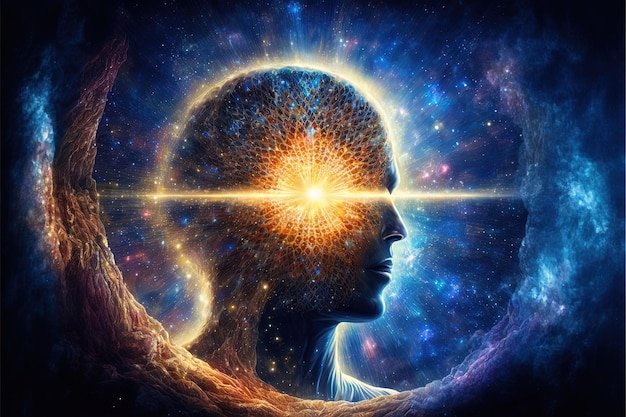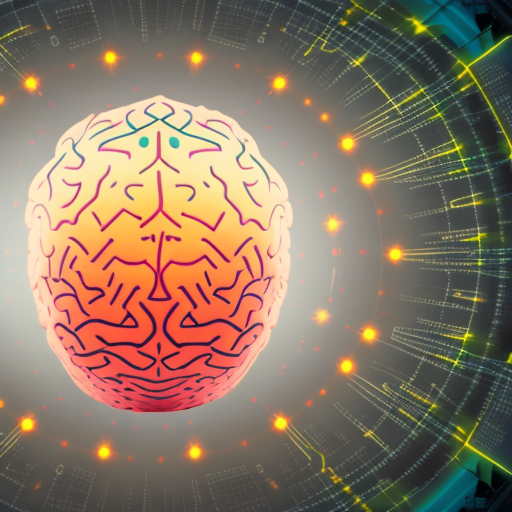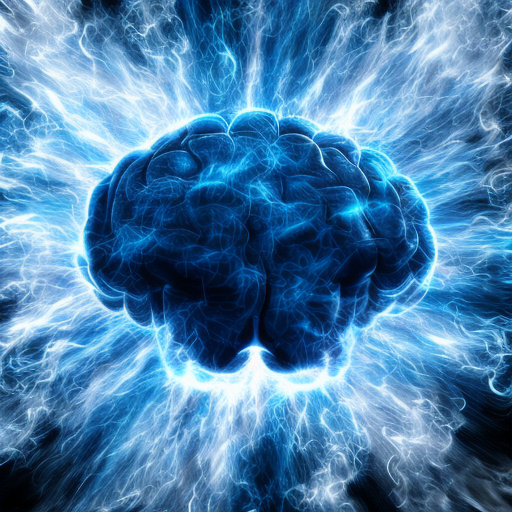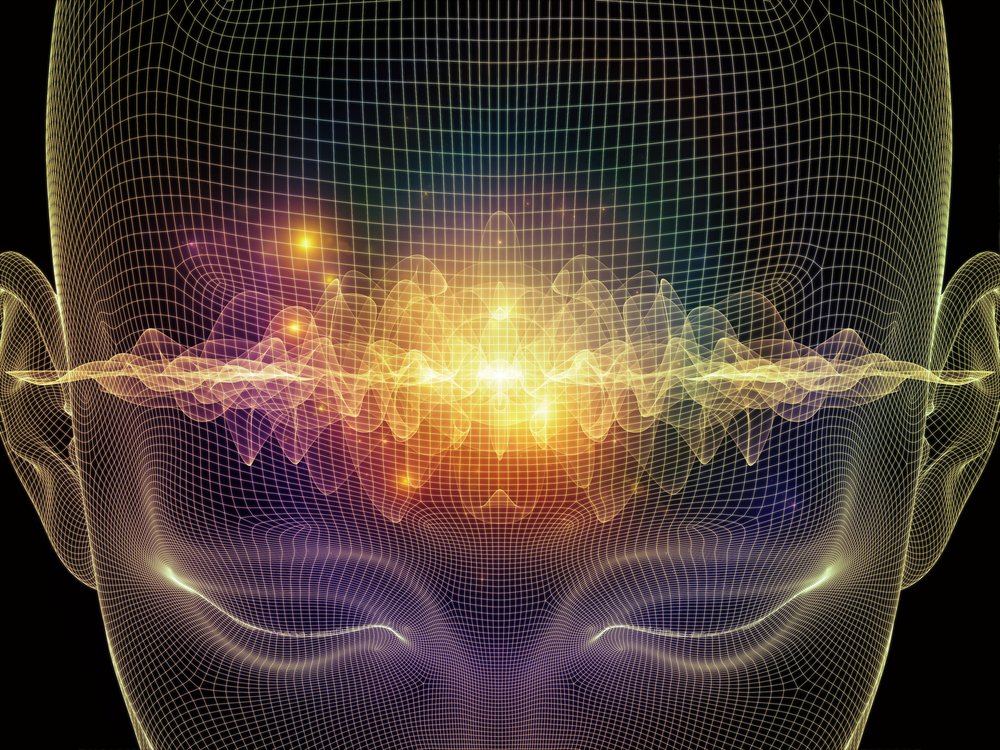
Science and Spirituality
The Science Underpinning Spiritual Practices and Our Connection with the Universe
Image Source: FreeImages
The universe has always been a source of awe and wonder, a vast expanse of mystery that has intrigued humans since dawn. Our quest to understand this cosmic enigma has given us diverse disciplines, from spirituality to science. In contemporary times, an intriguing convergence between these fields is emerging, casting a new light on our understanding of spiritual practices and our connection with the universe.
The Confluence of Spirituality and Science
Spirituality and science may exist at opposite ends of a spectrum. Spirituality often encompasses elements of faith, mysticism, and subjective experiences, while science is grounded in rationality, objectivity, and empirical observation. Yet, the two are not as disparate as they initially appear, and their intersection offers profound insights into our understanding of reality.
Spirituality: Unearthing the Invisible Threads of Connection
Spirituality is a sense of connection to something beyond our individual selves, often manifesting as a pursuit of meaning and purpose in life. This sense of transcendence and harmony is a universal experience, taking numerous forms across different cultures and belief systems. Whether through monotheistic religions or meditative practices, spirituality offers a pathway to explore the transcendent aspects of existence.
Science: The Rigorous Pursuit of Objective Truth
On the other hand, science is a systematic endeavor to decipher the intricacies of the universe through observation, experimentation, and logical reasoning. It seeks to understand the fundamental laws that govern the cosmos and our place within it. Fields like quantum physics and cosmology challenge our conventional understanding of reality, revealing a far more interconnected and mysterious universe than we could have imagined.
Intersection: The Empirical Bridge Between Spirituality and Science
Although spirituality and science approach the quest for understanding from different angles, they converge on several fronts. Both are concerned with probing the nature of reality and our place within it. Moreover, both emphasize the importance of empirical evidence, albeit in different ways. Spirituality values personal experience and the direct apprehension of truth, while science relies on rigorous experimentation and systematic observation. This shared commitment to empirical investigation forms an intriguing bridge between these two domains.
The Magic of Being in the Flow: A Common Human Experience
An intriguing commonality between spirituality and science is the experience of being 'in the flow' or 'in the zone.' This state, often described by artists, athletes, and scientists alike, is characterized by a sense of effortless concentration and enjoyment in what one is doing. It feels like the self vanishes, and something greater takes over, guiding the activity.
The Psychology of Flow
From a psychological perspective, flow represents a state where an individual experiences complete immersion in an activity. According to psychologist Mihaly Csikszentmihalyi, who first proposed the concept, flow is a state of optimal experience characterized by intense focus, creative engagement, and a sense of timelessness.
Neuroscience Perspective: Flow and the Brain
Neuroscientific research provides further insights into the flow state. When we are in flow, certain areas of the brain, particularly those associated with self-referential thinking, become quieter. This reduction in brain activity, particularly in the 'default mode network,' allows other brain parts to function more efficiently, enabling us to perform at our best with seemingly little effort.
The Significance of Flow in Spiritual Practices
The notion of flow is central to many spiritual practices. Meditation, for example, is a practice designed to cultivate this state of effortless focus and presence. Regular meditation has been shown to reduce activity in the default mode network, fostering a state of flow and enhancing overall well-being.
Other spiritual practices, such as prayer, chanting, and rituals, also foster a sense of flow, creating a deep understanding of connection with a higher power or the universe. These practices help individuals transcend their selves, enabling a sense of oneness with the cosmos.
The Transformative Power of Spiritual Practices: A Scientific Perspective
Recent scientific investigations are validating the transformative effects of spiritual practices. Studies have shown that these practices can alter brain activity, enhance emotional regulation, and even change the brain's structure.
Neuroplasticity: The Brain's Ability to Change
One of the significant mechanisms underpinning these changes is neuroplasticity, the brain's ability to rewire itself in response to experiences. Regular spiritual practices, such as meditation and prayer, can alter the structure and function of the brain, enhancing areas associated with emotional regulation, empathy, and self-awareness.
Mindfulness: The Art of Being Present
Mindfulness, a key component of many spiritual practices, involves non-judgmentally paying attention to the present moment. Regular mindfulness practice can modify the brain's default mode network, reducing self-referential thinking and enhancing cognitive control.
Connection: The Core Experience of Spirituality
A core component of spiritual awakening is a connection with something greater than oneself. This connection is associated with brain reward system changes, fostering a greater sense of altruism and empathy.
Neurotransmitters: The Chemical Messengers of Happiness
Spiritual practices affect the production of neurotransmitters like serotonin and dopamine, which are linked with feelings of well-being and happiness. Regular meditation, for instance, can boost serotonin production, reducing anxiety and depression.
Resilience: The Ability to Bounce Back
Spiritual practices also foster resilience, enhancing our ability to cope with stress. This capacity is likely attributed to the changes in the brain during spiritual traditions, including improved emotional regulation and reduced stress response.
I regard consciousness as fundamental. I regard matter as derivative from consciousness. We cannot get behind consciousness. Everything that we talk about, everything that we regard as existing, postulates consciousness
Embracing the Mysteries of the Universe: The Balance between Science and Spirituality
As we explore the deeper layers of our existence, it becomes clear that the universe is replete with mysteries we are just beginning to fathom. Both science and spirituality offer valuable perspectives in this journey of understanding. By integrating the rationality of science with the transcendental wisdom of spirituality, we can begin to grasp the profound interconnectedness of all things and our integral role in the cosmic dance of the universe.
While science offers tools for understanding the universe's complexities, spirituality provides a framework for navigating the mysteries of existence. The two are not mutually exclusive but rather complementary. Together, they weave a tapestry of understanding that is both profound and enriching.
In the final analysis, our journey toward understanding the universe and our place within it is deeply personal and subjective. Whether we approach it through the lens of science, spirituality, or a blend of both, what matters most is the wisdom we gain, the growth we experience, and the sense of wonder we cultivate in our quest to unravel the mysteries of the cosmos. As we delve deeper into our understanding of the universe, we discover the secrets of the cosmos and our infinite potential.
By integrating the insights of both science and spirituality, we can foster a holistic understanding of our existence, cultivating a sense of awe, wonder, and reverence for the cosmos and, ultimately, for the miracle of life itself.



Leave A Comments
Your email address will not be published. Required fields are marked *